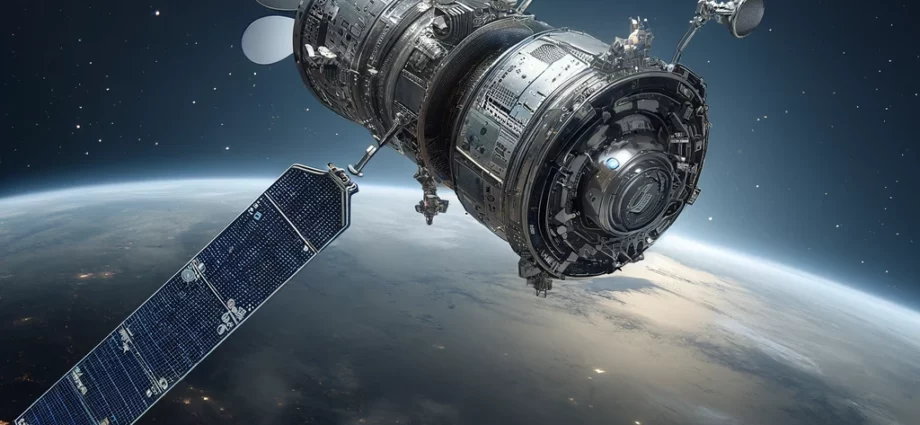Advanced AI chips are transforming satellite technology, enabling faster processing and innovative applications in space.
Main Points:
- AI chips are being incorporated into satellites, allowing for onboard processing that speeds up data handling and reduces the need to send data back to Earth for analysis.
- These advancements facilitate real-time data analysis directly in space, enhancing applications such as Earth observation, weather forecasting, and environmental monitoring.
- Companies and agencies, including Lockheed Martin and the European Space Agency (ESA), are actively developing and deploying these technologies to improve the functionality and efficiency of satellites.
Summary:
The integration of AI chips into satellite technology marks a significant leap forward in space exploration and utilization. These chips enable satellites to process data onboard, dramatically speeding up the time it takes to analyze and utilize the data they collect. This capability is crucial for applications that require real-time data, such as monitoring natural disasters, environmental changes, or military operations.
Companies like Lockheed Martin are at the forefront of this technology, developing platforms that can manage complex computations in space to support their satellite operations. Meanwhile, the European Space Agency (ESA) is preparing to launch an Earth observation satellite equipped with an AI processor that will decide autonomously which data to capture and send back to Earth. This development not only enhances the efficiency of data collection but also reduces the bandwidth needed for data transmission, thereby optimizing the satellite’s operational capabilities.
Furthermore, the expansion of AI capabilities in space is being supported by the construction of orbital data centers, which will process and store data directly in space. This innovation will enable more extensive data analysis and storage capabilities above the Earth, reducing the latency and reliance on terrestrial data centers. As this technology evolves, it promises to unlock new possibilities for how we observe and interact with our planet and beyond.
Source: Space industry races to put AI in orbit
Keep up to date on the latest AI news and tools by subscribing to our weekly newsletter, or following up on Twitter and Facebook.







